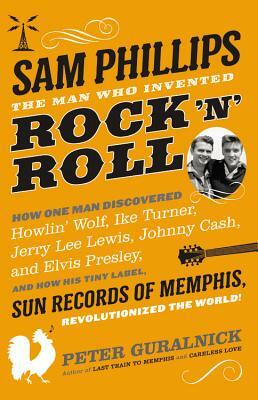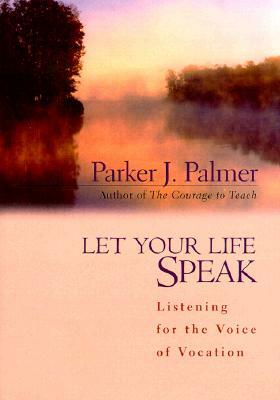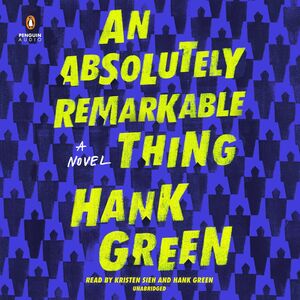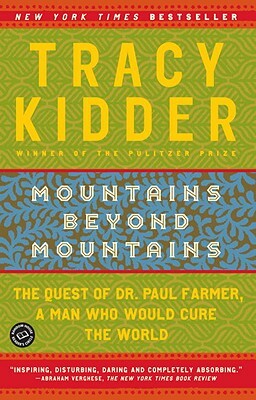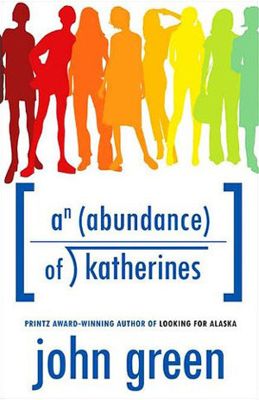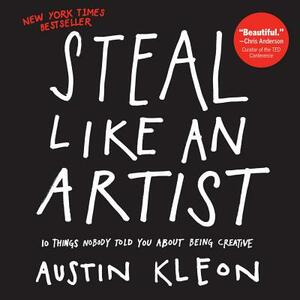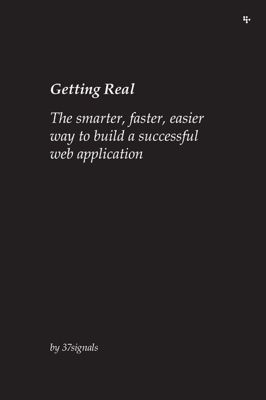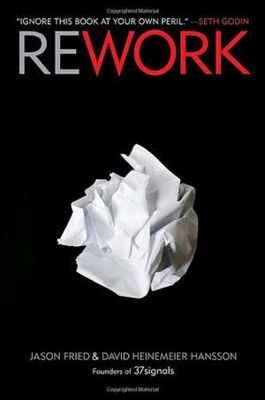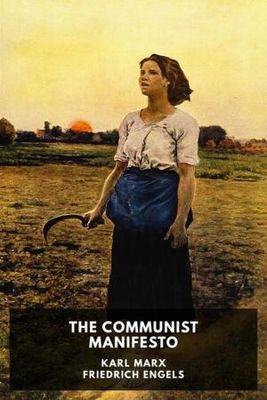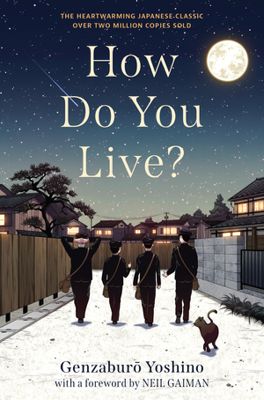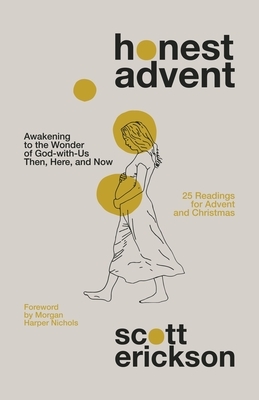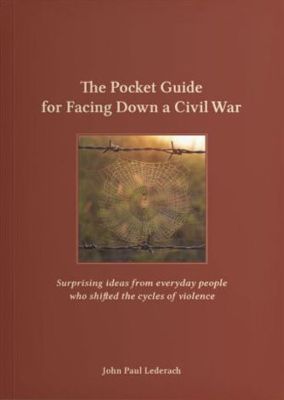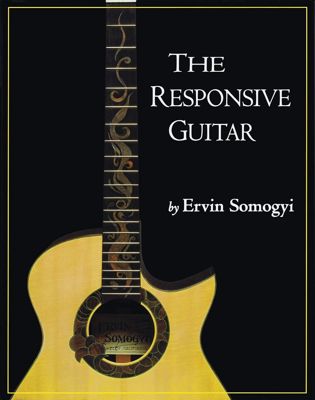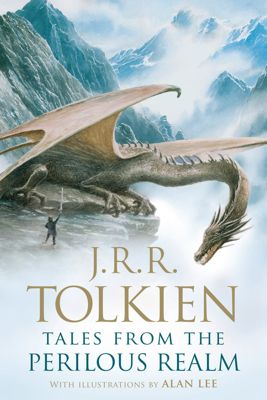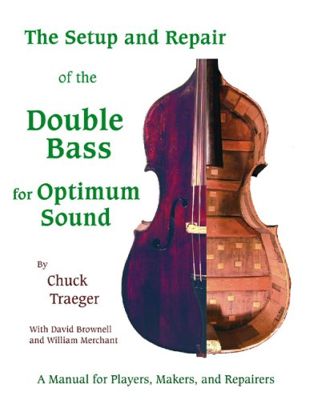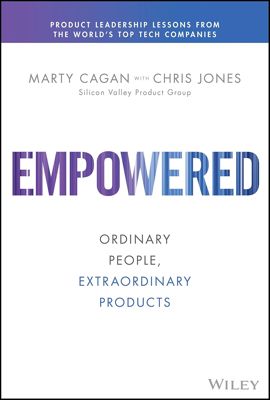2024 Books
This year, I’ve been heavily skewing towards non-fiction, especially business/process-related books and spiritual practices/philosophy books. It sort of continues last year’s trend from the likes of Getting Things Done and Zen and the Art of Motorcycle Maintenance . Before last year, I’d been skewing heavily towards fiction for several years.
As will be mentioned for some of these specific books, I have a feeling that I’m at a turning point in my career (and possibly in my life more broadly), so I’m drawn lately to books that can speak into that sort of thing. As Hank Green would say, I’m on a journey of meaning.
Books That I Read in 2024
(or will have finished by the end of 2024) in the order I finished reading them:
Sam Phillips: The Man Who Invented Rock ’n’ Roll by Peter Guralnick
I actually read this over the course of almost a decade. It’s a long book, and while it’s certainly interesting, I found myself putting it down for long periods while I read other things.
This biography is absolutely full of wild stories from Mr. Phillips’s life. As just one example, Sam didn’t like the way things were playing out with Russia and Cuba, so he just got on the phone and called Fidel Castro, had a conversation, spoke his mind, and hung up. Of course, most of the stories are more musically related - Elvis walking in off the street, Jerry Lee Lewis getting into backstage fist fights with Chuck Berry, etc. He lived a highly accomplished life and had a huge effect on popular music, but ultimately, in many ways, he’s not a great role model.
I’m a musician and music fan, and reading about Sam’s early goals of racially mixed musicians and audiences was interesting (even if that goal seems to have taken a bit of a back seat once Sun Records took off). Honestly, though, I think my biggest take away was his embracing of “perfect imperfection” in capturing his musicians on record. The real statements, the real art, the real person comes through in all of the perfect little imperfections of the performance.
I do highly recommend the accompanying 2 CD (or apparently 3 LP) compilation of Sun recordings.
Sprint: How to Solve Big Problems and Test New Ideas in Just Five Days by Jake Knapp, John Zeratsky, and Braden Kowitz
I’ve read a lot of business books over the last two years as part of an overdue effort to discover what direction I want my career to move in.
Sprint lays out a framework for rapid prototyping and product concept testing. It’s clear, reasonably concise, and full of real world examples. The method does revolve around an in-person team of decision makers, subject matter experts, and capable product developers (whether in the physical or digital domain). I suspect the concept could be adapted to remote teams with some tweaking, although, the types of problems being solved and questions being answered by this method could arguably merit paying out for a week-long, in-person event. The right personnel will make or break this method.
Let Your Life Speak: Listening for the Voice of Vocation by Parker J. Palmer
Parker Palmer takes us through an exploration of vocation (defined as a calling from the true inner self), how society tends to strip us of it when we’re young, and how to rediscover it. It’s all approached with the calm, careful, thoughtful treatment of an old Quaker.
As mentioned above, I’m at a bit of a crossroads in my career, and while I like to distinguish between vocation (your calling) and occupation (what occupies your time), I’m already slowly re-reading this one and discussing it with friends in hopes of regaining a better understanding of my own vocation.
An Absolutely Remarkable Thing by Hank Green
I’m a big fan of Hank and John Green, but I had never read any of Hank’s books. An Absolutely Remarkable Thing is fun and thought provoking. I look forward to reading the sequel (A Beautifully Foolish Endeavor ) sometime soon.
Mountains Beyond Mountains by Tracy Kidder
My wife had recommended this one to me before, and it intersects with my interest in the philanthropic endeavors of the Brothers Green . It’s a biography of Paul Farmer , founder of Partners In Health and an exploration of his attempts to bring healthcare to underserved communities, particularly his efforts in Haiti.
An Abundance of Katherines by John Green
As previously stated, I’m a big fan of Hank and John, but I’m most familiar with their various online productions. Wanting to check out John’s writing, I read Looking For Alaska last year, and it was great. An Abundance of Katherines had it’s moments but was not as good.
Steal Like an Artist: 10 Things Nobody Told You about Being Creative by Austin Kleon
Steal Like an Artist fits into a category of media that people seem to love or hate. Basically, there’s nothing groundbreaking here. Almost all of what Austin Kleon says in this book is stuff you already intuitively know. Lots of people are very quick to point this out and dismiss this type of writing. For me, however, the value of a book like this is that I benefit from being reminded of the things Kleon points out. It’s well presented, it’s very concise, each concept is kept bite sized, and it’s the kind of book that you can pull off the shelf and skim through when you need some motivation or to approach things differently.
Getting Real: The Smarter, Faster, Easier Way to Build a Web Application and ReWork by Jason Fried/David Heinemeier Hansson/37signals
These two sort of fall into the same category as Steal Like an Artist in that most of what they convey is stuff you probably intuitively know. Basecamp/37signals’s perspectives seem worth exploration, though, because they go against the grain of a lot of the hyper optimized, beancounter-y, “everything must be backed up by data,” growth-at-all-costs mindsets so prevalent in the current business landscape.
Whether or not you’re in business, the 37signals home page is worth reading through. It highlights 37 principles that guide how they run their business. They even provide a link to the version from 1999 so you can see what’s changed and what’s remained.
The Communist Manifesto by Karl Marx and Friedrich Engels
I had never read it, and I was curious. It’s written very much in the context of the time, so a decent grasp of 17th-19th century European sociopolitical history (which I’m rusty on) is essential for a truly fair reading.
How Do You Live? by Genzaburo Yoshino
I’ll be honest. I was interested in this book because it was the original working title of The Boy and the Heron - Hayao Miyazaki and Studio Ghibli ’s latest movie. As it turns out, the book is featured in the movie; the movie isn’t an interpretation of the book.
How Do You Live? was originally published in Japan in 1937, an interesting historic time and place to say the least. While I could stand to brush up on my knowledge of the historical context, this book can stand on its own even without that context (more so than the Communist Manifesto, at least for my knowledge). It’s part narrative, part journal entries that read like letters to the main character from his uncle. As the title implies, it explores a few points from a broad sort of philosophy of life for Japanese, school-aged boys. That might bring Screwtape Letters to mind for some of you, but the similarities are purely structural.
It was an interesting read. I genuinely enjoyed it, and I might seek it back out in a few years when I have a son around the age of the protagonist. I’d enjoy revisiting it, but after first read, it falls just short of “essential” for me. Don’t get me wrong; it’s well worth the read.
Honest Advent by Scott Erickson
I love Scott Erickson’s art and his thoughtful commentary (often through the art) on spriritual matters in our modern life.
I wanted an advent study/devotional this year. I was actually interested in ones by Christine Sine and David Cassian Cole focusing on Celtic Advent and the concept of it starting 40 days before Christmas, but that date came and went without me buying either of their books (maybe next year), so I chose Scott’s (which I’d also been interested in). At the time of writing, I’m really enjoying it so far.
The Pocket Guide for Facing Down a Civil War: Surprising ideas from everyday people who shifted the cycles of violence by John Paul Lederach
I heard John Paul Lederach interviewed by Parker J. Palmer (see Let Your Life Speak above) and Carrie Newcomer on their podcast, The Growing Edge . I want to learn more about non-violence, peacebuilding, and conflict resolution/mitigation, so this short book seemed like a great jumping off point with further resources available from the author.
The Bible
Yep, all of it. Well, the 66 books commonly accepted as canonical by most Protestant churches. I’ve wanted to read through the entire Bible for a long time, and this year I finally picked a reading plan and did it. I’m following the reading plan used by D. A. Carson in his two volume For the Love of God reading plan and devotional books. That, in turn, is a modification of the reading plan laid out by Robert Murray M’Cheyne. Honestly, I chose this plan because I already had a copy of Carson’s books, and it provided an approachable roadmap for completing it in a year… and my wife was using volume 1, so I thought that would be a good source of accountability. I’ve done no real reasearch into the intentions behind M’Cheyne’s plan, but I’ve been pleasantly surprised by the juxtapositions between some of the Old Testament and New Testament scriptures prescribed for the same days.
I’m not putting For the Love of God on this list because I honestly haven’t read any of Carson’s daily explorations of the scripture since around February, but I have continued to follow the reading plan.
What might I read in 2025?
Honestly, I don’t know. There are a ton of things on my “to read” list, and I’m really enjoying a lot of the books on spirituality, philosophy, peacemaking, and generally philanthropic endeavors. Christine Sine ’s podcast, Liturgical Rebels , has introduced me to several authors who’s books I’d like to read. I also really enjoy following the guys from 37signals, but between the books I’ve already read and following their podcast , I think that I at least need to take a break between books from them.
All that said, here are some books that are at least near the top of my current (but constantly shifting) “read next” list:
The Responsive Guitar by Ervin Somogyi
I’ve actually already started reading this one, but I put it down to focus on some other things a few months ago. I’d like to finish it (and possibly the follow-up volume) this coming year.
Tales from the Perilous Realm by J.R.R. Tolkien
Like The Responsive Guitar, I’ve actually already started this one (wait till you see what’s next). I’m a big fan of Tolkien, but I had never read any of his non-Middle Earth legendarium stories. So far I’m really enjoying it.
Setup and Repair of the Double Bass for Optimum Sound: A Manual for Player, Makers, and Repairers by Chuck Traeger
Does that sound dry enough for you? Actually, the writing’s not bad for what really is a repair and maintenance reference. As a luthier and bass player, this one’s been on my list for a long time, and like the previous two books, I actually started reading it this year but ended up putting it aside to focus on other things.
Empowered by Marty Cagan
Here’s one that I haven’t started reading! I read Inspired a year or two ago after it was gifted to me by J.P. Tanner, and I’m interested in reading the rest of the Product Operating Model series (which they might be calling “Product Is Hard” now).
